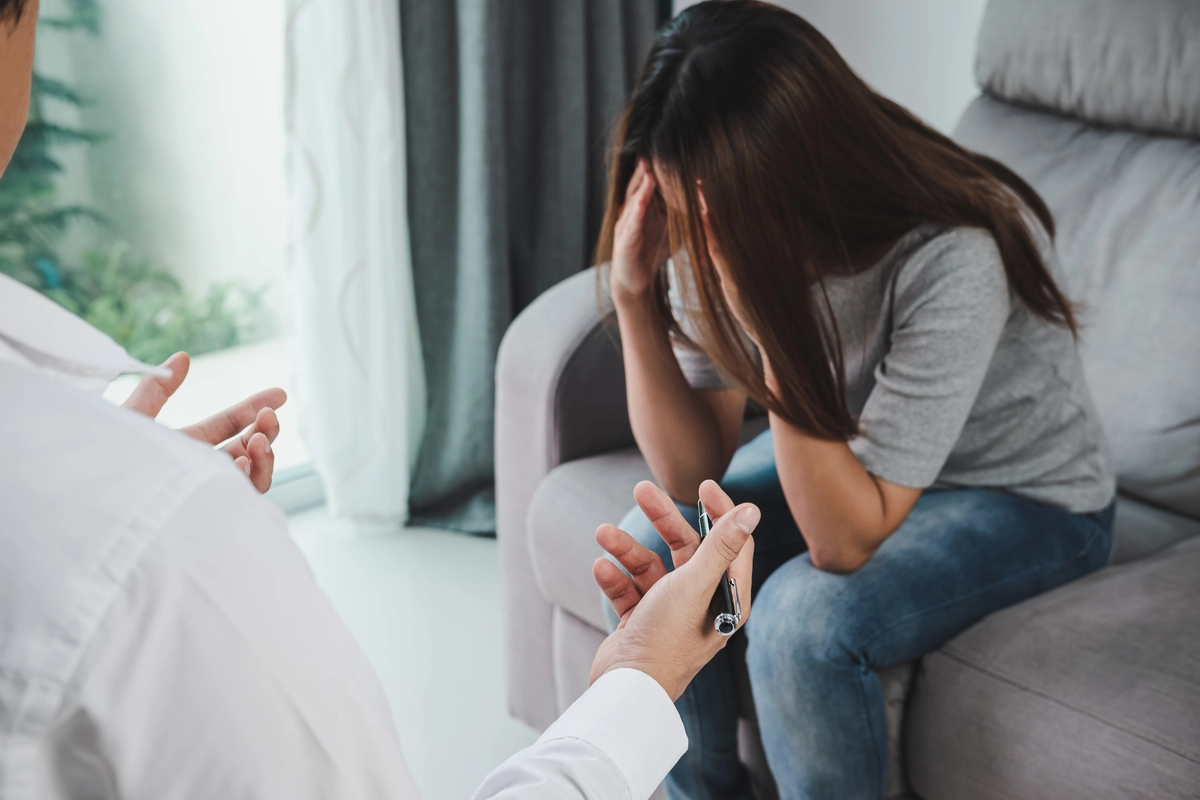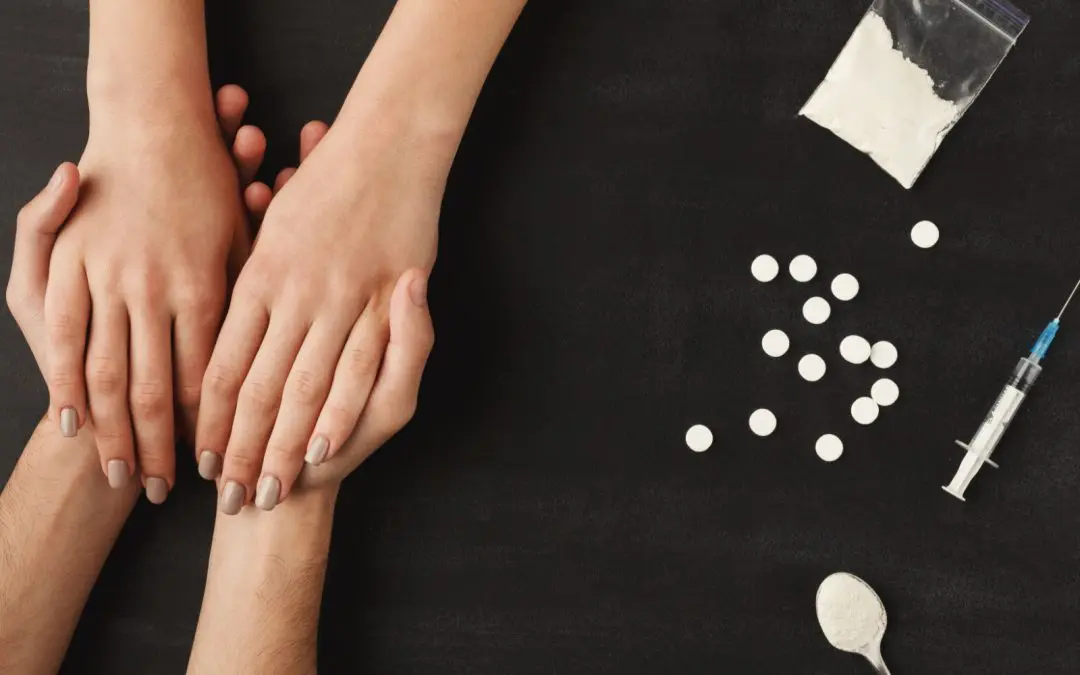24/7 Helpline:
(866) 899-221924/7 Helpline:
(866) 899-2219
Learn more about Bipolar Disorder Treatment centers in Blue Springs
Bipolar Disorder Treatment in Other Cities

Other Insurance Options

Carleon

Access to Recovery (ATR) Voucher

Ceridian

Amerigroup

AllWell

MVP Healthcare

Meritain

UnitedHealth Group

BlueShield

Magellan

Holman Group

Aetna

Medical Mutual of Ohio

Cigna

Multiplan

Anthem
Beacon

Molina Healthcare

Premera

State Farm

Accent On Recovery
Accent On Recovery is a private rehab located in Blue Springs, MO. Accent On Recovery specializes in...












AA – Alcoholics Anonymous
AA – Alcoholics Anonymous is a non-profit rehab located in Blue Springs, Missouri. AA – Alcoholics A...






